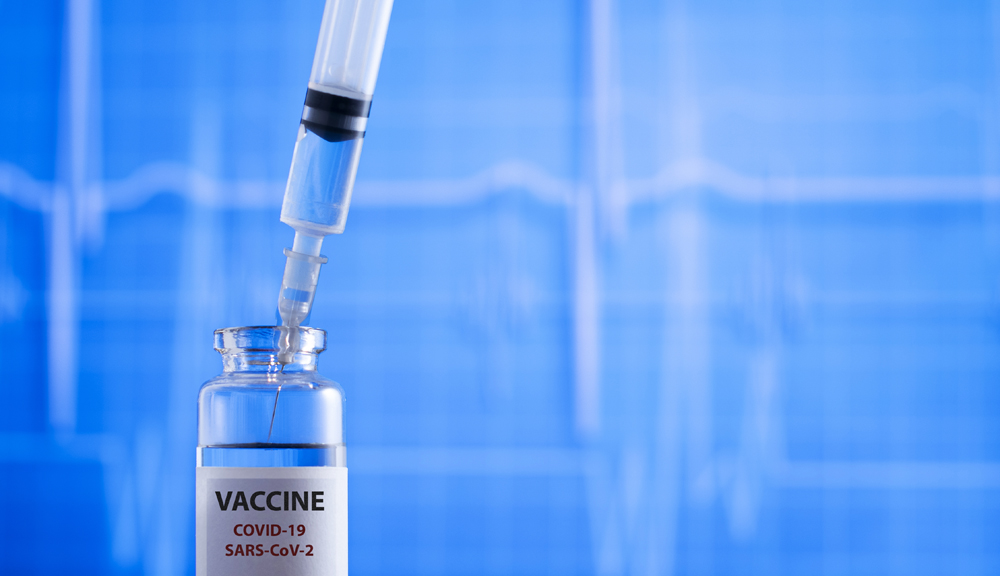The COVID-19 virus has changed the world and taken many lives. Fortunately, there have been vaccines made to protect individuals from getting sick. Three vaccines are currently being used in the United States. They are the Pfizer-BioNTech, Moderna, and Johnson & Johnson’s Janssen. As of today, 200 colleges are requiring at least one of the vaccines for a student to attend their college.
Some students have a medical issue that could interfere with their ability to receive the vaccine. The Center for Disease Control has claimed the vaccines are safe for all people, although the vaccines are known to have a few mild reactions after a person is fully vaccinated. More severe reactions have also been noted, including anaphylaxis, which results in a severe allergic reaction from any of the vaccines. Another possible side effect is having Thrombosis with Thrombocytopenia Syndrome (TTS) after vaccination with J&J/Janssen COVID-19 vaccination. It results in blood clots forming and the body producing a low number of platelets.
Most colleges have set guidelines for wearing masks in school facilities to prevent spread and require social distancing in classrooms. There have been little to no COVID- 19 cases reported on most campuses because of this method. Wearing masks also helps in preventing the spread. Along with those methods, colleges also have shortened the amount of time in classrooms with fewer people to prevent spread.
If students are vaccinated, they will still not be allowed to gather in large crowds or stop wearing their masks. There will be no point in taking the vaccine if everyone around them outside of campus has not been vaccinated. College students should not be required to take the vaccine until all citizens are required to take the vaccine.
The COVID-19 vaccines should not be required for admission to colleges. Social distancing, washing hands, and wearing masks prevent the virus from spreading effectively enough to continue classes.
by Marissa Bender
